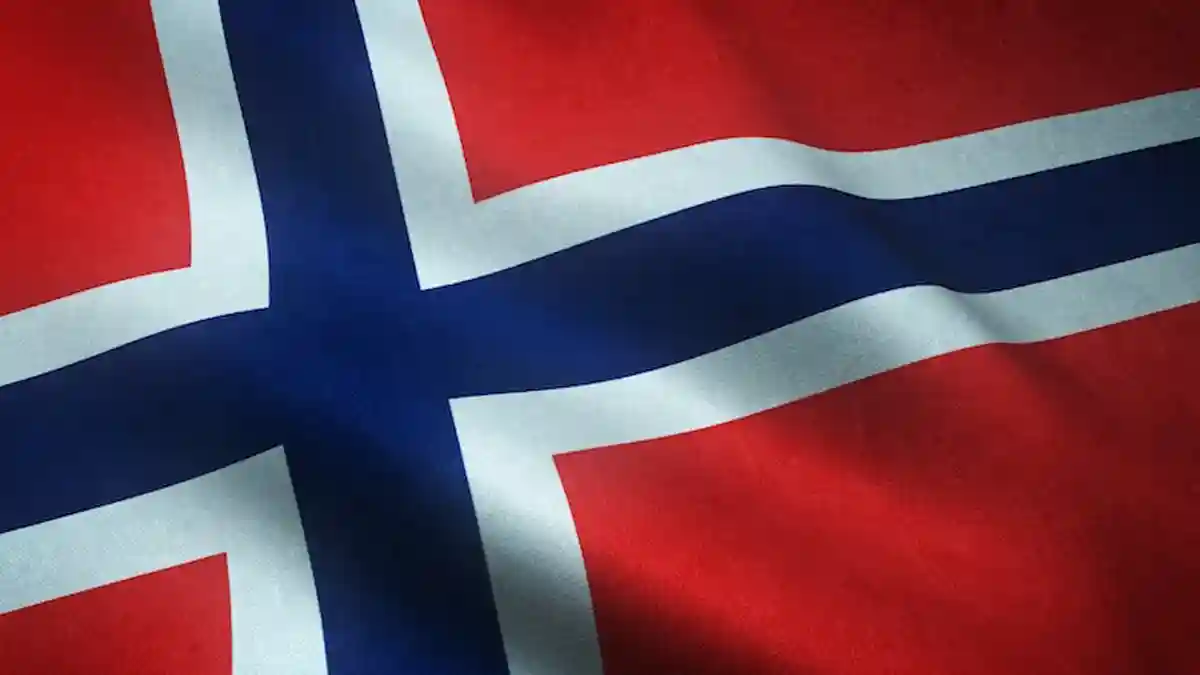Norway’s strict gambling laws may surprise many. Yet savvy players find legal ways to enjoy offshore online casinos.
Curious how Norwegians bypass restrictions and stay within legal bounds? We’ll explore payment workarounds, tax implications, and what the future might hold for online casino access.
Understand the rules and protect your play. Informed players stay safe, avoid penalties, and enjoy better gaming experiences.
Read on to learn how to legally access offshore casinos from Norway—plus tips on taxes, payments, and regulation updates.
How Norwegian Players Access Legal Offshore Casinos & Navigate Regulations
Navigating Norway’s Casino Monopoly: How Players Legally Tap Offshore Sites
Key Points
- Players can legally use poker and slots at offshore casinos yet face blocked ads, payments, and DNS filters.
- E-wallets, cryptos, and offshore support help users bypass strict restrictions.
- Winnings under NOK 10,000 from EEA sites are tax-free, but larger or non‑EEA wins must be reported.
Norwegian Gambling Landscape
Online gambling continues to evolve—but Norway remains deeply committed to its state-run monopoly model. While many European nations have liberalized, Norway stubbornly clings to its tight control over lotteries and casino-style games. Players can legally wager through Norsk Tipping or Norsk Rikstoto, but seeking variety and international jackpots drives many to offshore platforms.
1. The State Monopoly Explained
Norway’s approach places full control in government‑run entities. Norsk Tipping dominates sports betting, lotto, and casino-style games, while Norsk Rikstoto covers horse racing. All profits are reinvested in public welfare, aligning commercial profit with social responsibility. Conservative by design, the model aims to protect vulnerable players and reduce gambling harm. Consequently, Norway prohibits private operators, capping consumer choice.
2. Offshore Gambling Not Illegal, but Tough to Access
There’s no law against playing at foreign-licensed casinos. So long as the site is based outside Norway and doesn’t market to Norwegians, users aren’t breaking the law. Instead, the government targets banks and ISPs. Norwegian banks have instructions—and legal cover—to block card deposits and money transfers to unlicensed casinos. Meanwhile, the Lotteritilsynet (Gaming Authority) maintains a list of blocked domains and champions ISP censorship.
3. Workarounds: E-Wallets & Cryptos
Norwegian players still find ways in. E-wallets like Neteller, Skrill, and ecoPayz act as intermediaries. You deposit funds, then use the e-wallet to fund casino accounts. This respects banking prohibitions since funds never directly come from Norwegian-issued cards. Similarly, cryptocurrency offers a bank-free solution. Bitcoin or Ethereum deposits bypass bans altogether—though players must understand wallets, volatility, and KYC limits.
4. Offshore Casinos Tailored for Norway
Many offshore operators provide Norwegian-language support, NOK accounts, and localized terms and conditions. These features help them appear accessible without advertising or breaking Norway’s ban. The line is thin, but as long as there’s no direct marketing, operators feel protected.
5. Taxation Guidelines Made Clear
Norway’s tax rules are favorable—or complex, depending on winnings:
- EEA-licensed casinos: Winnings under NOK 10,000 are tax-free. Above this, taxes apply.
- Non-EEA platforms: Any winnings are taxable, regardless of amount.
- Sports betting: If through Norsk Tipping, all winnings are tax-exempt.
- It’s the player’s responsibility to report taxable winnings via campaign tax forms (RF-1219).
Despite regulations, most players avoid reporting small wins. But ignoring bigger payouts could trigger tax audits or interest charges later.
6. Enforcement: Behind-the-Scenes, Not Player-Focused
Norway’s authorities prioritize blocking operators, not punishing players. The aim is deterrence, not incarceration. All efforts—from bank instructions to ISP blocks—target casinos, not the users. Still, warnings have gone out, and serious cheating or fraud may carry legal repercussions.
7. Shifts on the Horizon?
Norway’s model is stable—for now. However, pressure is growing. EU rulings and compliance concerns over cross-border bans may force change. Countries like Sweden and Denmark have switched to licensing foreign operators. Should Norway shift, it will likely favor a tightly regulated licensing model, not full liberalization. But the shift could open doors—and profits—for licensed international operators.
8. Tips for Norwegians Exploring Offshore Play
Here’s what every Norwegian player should know:
- Verify operator licensing (e.g., Malta MGA, Curacao eGaming).
- Use trusted e-wallets to avoid card blockage.
- Understand crypto volatility and wallet security.
- Keep winnings under NOK 10,000 to stay tax‑free (EEA license).
- Report larger wins via official tax returns.
- Track Norwegian regulation news—even small updates can disrupt play.
9. Responsible Play Still Matters
Traveling offshore doesn’t negate the risks. Look for sites with certified gaming software, clear T&Cs, and RNG certification. Use self-exclusion tools and set deposit limits. Norway’s monopoly uses these protections—and players should too.
10. Why Norway’s Monopoly Persists
Despite technical workarounds, Norway’s system remains robust. Monopoly supporters argue it allows better harm prevention, consistent support funding, and public benefit. Offshore sites, even when safe, lack Norway’s protections—creating a persistent tension between regulation and freedom.
Norwegian players enjoy the freedom to legally access offshore casinos, but navigating the landscape is no simple feat. With blocked banking, domain filters, and strict advertising bans, the system is clearly designed to steer users toward the monopoly. Still, e-wallets and crypto provide reliable access, and EEA licensing shields small winnings from taxes.
The future could bring a measured shift toward licensing foreign operators—especially if EU pressure mounts. Until then, players must remain well-informed and cautious. Make safe payment choices, report taxable wins, and prioritize licensed offshore platforms.
Ultimately, knowledge is power. For Norwegian gamers eager for variety—and who want to stay legal—smart planning and responsible play are the keys to enjoying offshore casinos with peace of mind.


